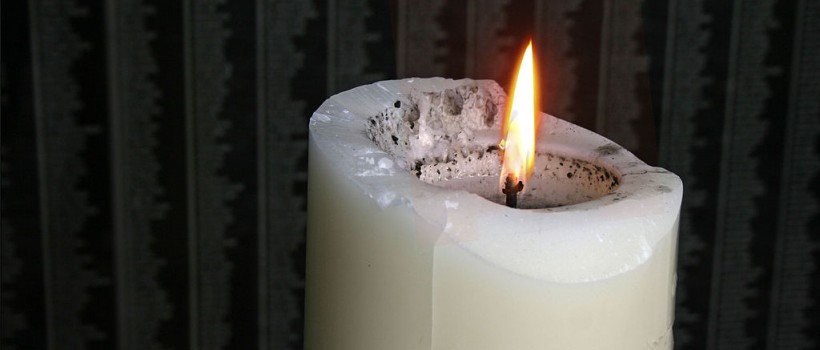Holocaust Memorial Day: ‘No Ifs No Buts’ transcript

Read the unedited version of the Chief Rabbi’s speech from the national Holocaust Memorial Day Event in which he laments the apathy that is often tragedy’s must reliable collaborator. Watch the BBC footage here.
“If, during the concluding years of the Weimar Republic, the German electorate would have placed greater confidence in democracy, then perhaps the Nazi party would not have seized power. But as is well-known, sometimes poverty and desperation can become the allies of the politics of hatred.
If, after the Nazis made the Jews into the scapegoats, claiming that they were responsible for everything, the German people would have said aloud, “No, this is a lie”, then perhaps Kristallnacht, and legislation against the Jews could have been prevented. But it is often easier during tough times when you have someone to blame.
If the employees of the pesticide factory manufacturing Zyklon B would have turned to their employers and said “Why are we making more of this product? Where is it going, and what is it going to be used for?”, then perhaps the murderers might not have had at their disposal the means through which to carry on with their efficient killing machine. But sometimes, the easiest way forward is not to ask the difficult questions.
‘But it is often easier during tough times when you have someone to blame’
If more of the partisan fighting units that sprung up around Eastern Europe had opted to help fleeing Jewish refugees rather than murder them and steal their property, many lives would have been saved. But power and military strength so often corrupt those who have it.
There were many brave and courageous righteous amongst the nations who went the extra mile to save Jewish lives, often at great risk and by making the ultimate sacrifice, but if only there would have been more of them. If there would have been tens of thousands who would have said to their commanders, “we refuse to obey your orders to murder millions of innocent men, women and children only because they are members of a particular faith, then perhaps the Nazi regime would have fallen much earlier. But unfortunately, sometimes it’s just easier to be quiet, when everyone around you is turning a blind eye to everything that is wrong.
If the engineering company, which designed and built the crematoria at concentration camps, had refused the contract on humanitarian grounds, perhaps the murderers would not have had at their disposal the means to efficiently run their killing machines, but sometimes financial interests transcend moral considerations.
If the Allied forces had decided to bomb the railway lines into Auschwitz-Birkenau when they first received detailed information about the camp in June of 1944, who knows how many lives could have been saved? But in war, there are no straightforward decisions.
‘Who knows how many lives could have been saved?’
If, in the aftermath of the war, when there was a chorus of ‘Never again’ ringing loudly around the world, our societies would have internalised the lessons from the Holocaust, then we could have applied them to prevent other tragedies and genocides from taking place. And so many millions of lives could have been saved. But Bosnia, Cambodia, Darfur and Rwanda, they seem, for so many, to be so far away and irrelevant.
So many ‘ifs’. So many ‘buts’.
6 million precious Jewish souls perished in the midst of a sea of silence.
Let us today make a commitment, in the presence of Holocaust survivors and survivors of tragedies and genocides since then, that we will learn the lessons of the Holocaust and those tragedies; we will internalise that information, and in the future we will never stand idly by.
And let us declare with a full heart, with much passion and total sincerity: “Never again”. No ‘ifs’. No ‘buts’.”

